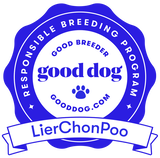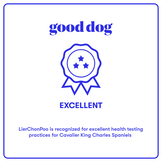|
If you Google "MegaChon" you won't find much, in fact it will auto correct to MegaCon (comic book and sci-fi conventions) but we promise this is a real thing. For proof, we've asked a few owners to share photos of their beloved MegaChons. So what exactly is a MegaChon? It's simply a Cavachon who is significantly larger than expected and larger than both parents. They aren't fat, they're just big. Some are long. Some are tall, Some are both. When I had my first MegaChon (Oattie, who is currently 12 years old and 25 pounds), I thought he was rare! How did a dog bred from an 11 pound Bichon and a 14 pound Cavalier hit 25 pounds in 18 months? Over the years, thanks to the many Cavachon and related dog forums, Oattie and I have learned we are not alone and in fact there are many MegaChons roaming the earth and even those who were originally hoping for a smaller dog end up loving this overgrown couch potatoes (although many of us wear of explaining that they aren't a small labradoodle). When Oattie was born, he was not the largest puppy in the litter. The others ended up around 14-15 pounds. At that time, we didn't have doggy genetics but today we do and so this phenomenon can actually be explained. Before getting in to the genetics, there is one obvious (and somewhat dubious) explanation for some MegaChons. If you did not see the parents, it's simply possible that the breeder is breeding a Bichon and Cavalier that don't meet their breed standards (i.e. they are larger than what's considered normal per the AKC). Breeders may specifically do this in hopes of larger litters as larger females are often able to successfully carry more pups. If you truly want a smaller dog (perhaps for travel purposes), make sure you ask to see both parents and get their adult weight and size as well of photos with them compared to objects in the home (it's sometimes hard to determine size without seeing it relative to another object). Now, assuming you know your dog's parents were standard (or even small) for their size then you can rest easy knowing that your MegaChon is simply a gentic phenomenon much like the 6'2" son I have (I'm 5'3"). Dog size is a complex trait and despite the best guess of even the most experienced breeder, variations do occur. Approximately 85% of dog size is genetic but the remainder is environmental (nutrition, etc.) or unexplained according to Embark DNA panels. In the case of the MegaChon, I've provided a couple of screenshots to demonstrate how this can occur. Screenshot #1 - Layla. Layla is one of our female Bichons weighing in at just under 10 pounds (exactly what Embark predicted her adult weight would be). This puts her well within breed standards BUT you can see from the screenshot below that she carries some alleles for larger size traits. Screenshot #2 - Bentley. Bentley is one of our male Cavaliers who weighs just over 15 pounds despite an Embark prediction that he will weigh 21 pounds. Standard weight for Cavaliers is 13-18 pounds so he's within range but smaller for a male. We chose Bentley for this comparison b/c his genetics differ from Layla although both are average or small. As a breeder, logic might have us assume that a Bichon weighing in at 10 pounds being bred to a Cavalier weighing in at 15 pounds will produce puppies somewhere between 10-15 pounds. The breeder might also make educated guesses within the litter about future size based on birth weight, sex and whether they carry more Cavalier or Bichon genes in appearance. Prior litters are also helpful in these educated guesses. Many times, the breeder will be right. However, looking at these screenshots we can now understand that our lovable MegaChons are nothing more than a combination of genetics where a puppy ends up with all the "larger" or "intermediate" genes from both parents and suddenly outgrows them both. In our hypothetical one puppy could carry for Larger, Larger, Intermediate, Intermediate and Larger from two relatively small parents. Combine this with environmental factors and you can have an unexpected Magachon.
Those of us with MegaChons would not change them for the world; however, if you specifically want to avoid a MegaChon (perhaps for purposes of in-cabin air travel) or you specifically want to find a MegaChon (they are a great alternative to larger Doodle breeds), Embark's DNA panel can help eliminate or increase your chances by having your prospective puppy screened before purchase. While their size predictor isn't 100% accurate, it's truly the best guess at how much your adult dog will weigh!
10 Comments
At least once a week (maybe more often) a new member of an online forum will ask owners, breeders and shoppers which of these two hybrids they should choose. Unfortunately, the person posting the request rarely provides enough personal details (how many kids, size of home, time for the dog, how often they exercise the dog, etc.) for people to give educated opinions so instead everyone just starts the normal back and forth about how great their dog is leaving the prospective shopper with less of an answer than they'd hoped for. Additionally, those who actually have experience in both breeds get worn out of answering the same question over and over and therefore often don't chime in at all. In an effort to post our reply in one place for reference, we thought we'd write this post and invite you to share it whenever you see this question presented. When someone is asking for a recommendation between a Cavapoo and a Cavachon, what they are really asking for is a recommendation between a Bichon Frise and a Poodle as the other 1/2 of the dog is consistently the same (for purposes of this post, we are discussing only F1 hybrids and not F1b or F2 although in those instances this comparison is even more important). Here is that comparison: APPEARANCE
TEMPERAMENT - Just as personality is an important element in any friendship so is a breed’s temperament. Understanding a breed’s temperament will help you choose your canine friend. Please see our other posts on the temperament of the purebred Cavalier King Charles Spaniel as it's truly what makes these hybrids so special but for this comparison it's back to Poodle versus Bichon to understand the difference. Both the Poodle and the Bichon Frise thrive on attention. As a consequence, both breeds can suffer from separation anxiety when left alone for long periods of time. This means they can become very anxious over being separated from their owners and their behavior may turn aggressive and destructive. Though both breeds may seem similar in temperament (affectionate, sensitive, and intelligent), there are several differences between the two, mainly a result of their being bred for very different purposes..
HEALTH - All breeds of dogs have the potential to suffer from genetic health problems, just as all humans have the potential to inherit certain diseases. A reputable breeder will be honest and knowledgeable about common health problems and will have screened to avoid them where possible. Health issues of the Cavalier are one of the main motivations for these hybrid breeds so it's important to be aware of the health issues the Poodle or Bichon may also bring to the table. Both Bichon Frises and Poodles are generally healthy breeds with a life span of 12-15 years. Still, each has its own list of medical predispositions and since the health of the dog’s parents greatly contributes to its own health, it is important to find a responsible breeder who will disclose health clearances for both of the dog’s parents, as their health may be the best predictor of your puppy’s health. With the recent introduction of DNA screening in breeding stock it's hopeful many of these issues won't soon be so common. Here's what to look for in each breed:
EXERCISE - Some people love to exercise their animals, others don't. If you are particularly active and looking for a running companion, I would suggest that neither of these breeds is for you. Neither breed needs tons of exercise but there are some differences to consider here:
GROOMING - Keep in mind this is a grooming comparison of Poodle versus Bichon so you can understand their coat differences. Once intentionally bred with a Cavalier, the coat changes substantially but this should help you understand why Cavachons and Cavapoos can take on very different appearances.
AND THE WINNER IS . . . really up to you. We have to confess that Cavachons are perhaps our favorite breed to walk the earth but it's simply because we're lazy. While you will always hear from someone who has an "overly energetic Cavachon" or a "lazy Cavapoo" the opposite is generally true. If you want a higher energy dog that loves to learn but also demands more exercise to avoid destructive behaviors then the Cavapoo is more likely for you. If you like to spend your Saturdays watching football and want a friend and foot-warmer, then you might prefer the Cavachon. The truth is that either dog, when well bred and properly trained, can fit almost any family, any space and adapt to any situation. And luckily, there is no wrong choice. |
FTC DISCLOSURE
This blog contains affiliate links. I may earn commissions from qualifying purchases made from links on this blog. We do not recommend any products that we do not purchase and use for our dogs. Categories
All
Archives
April 2024
|
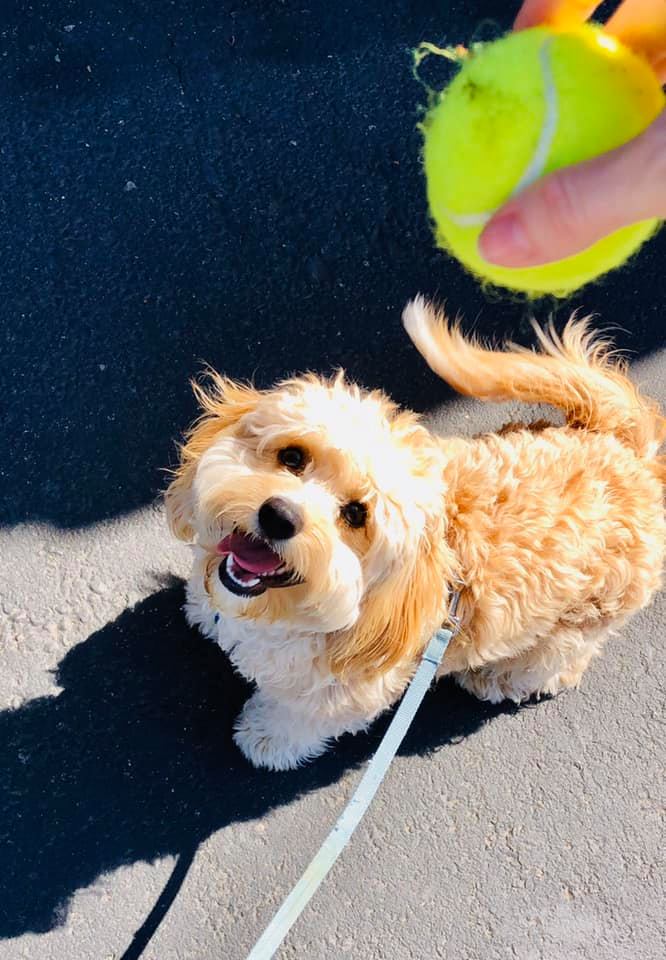
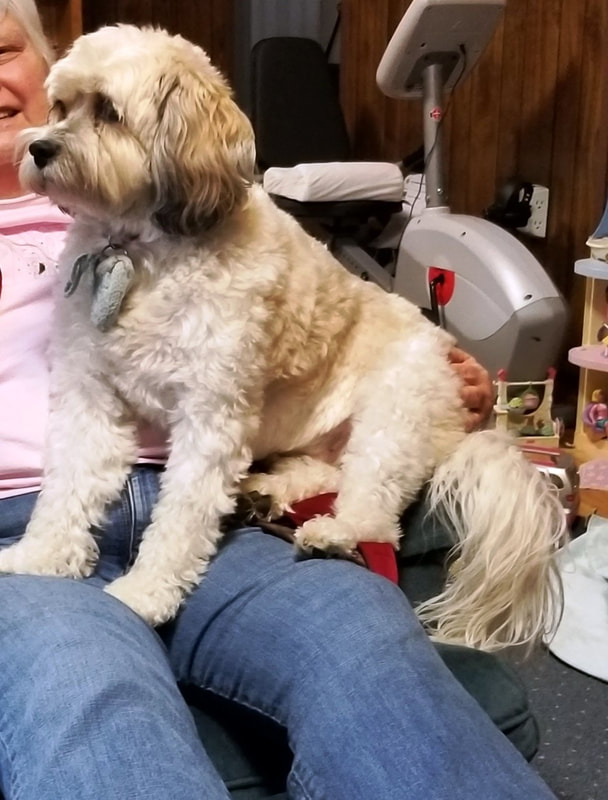
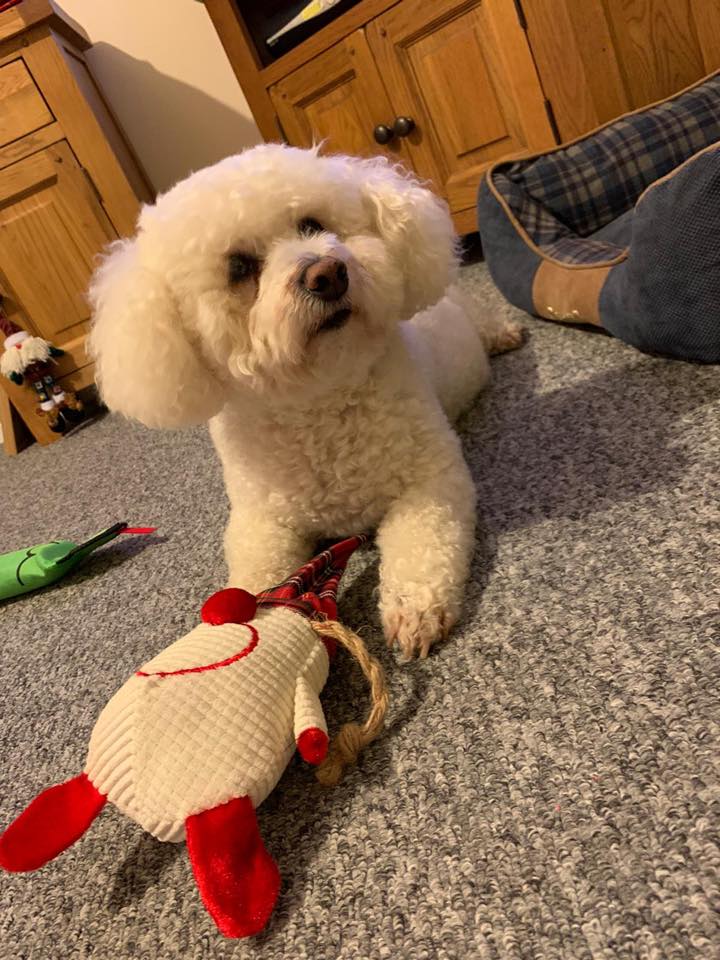
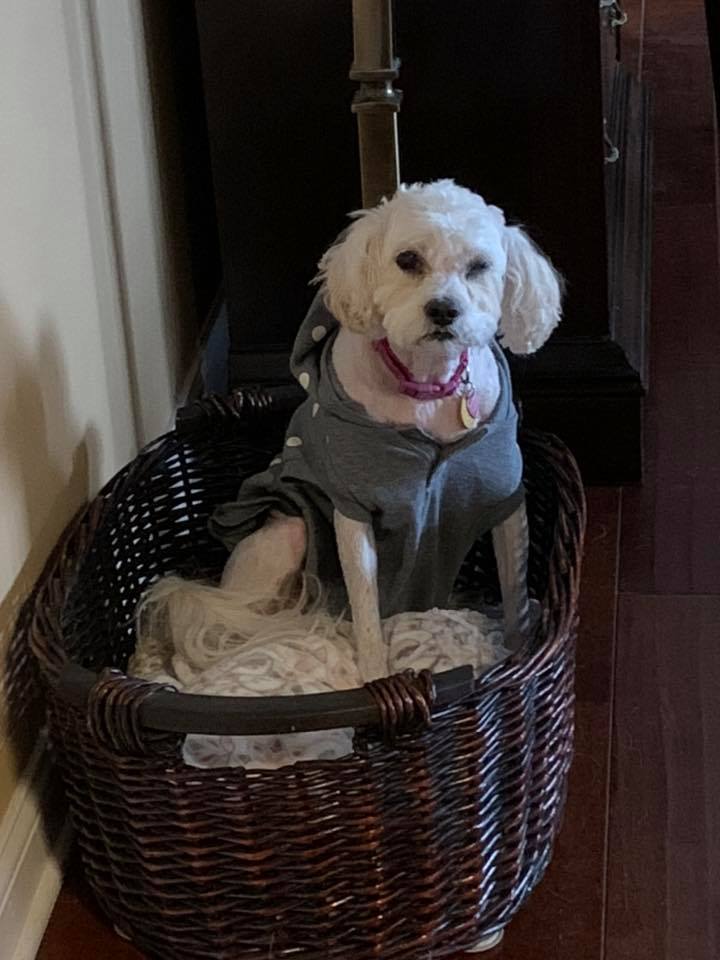
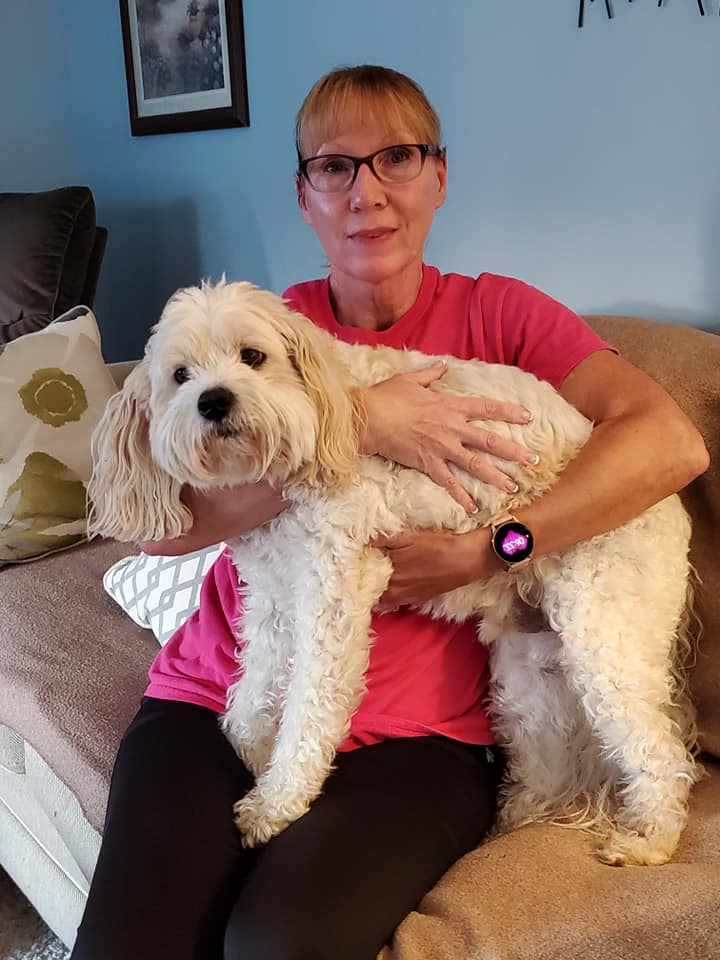
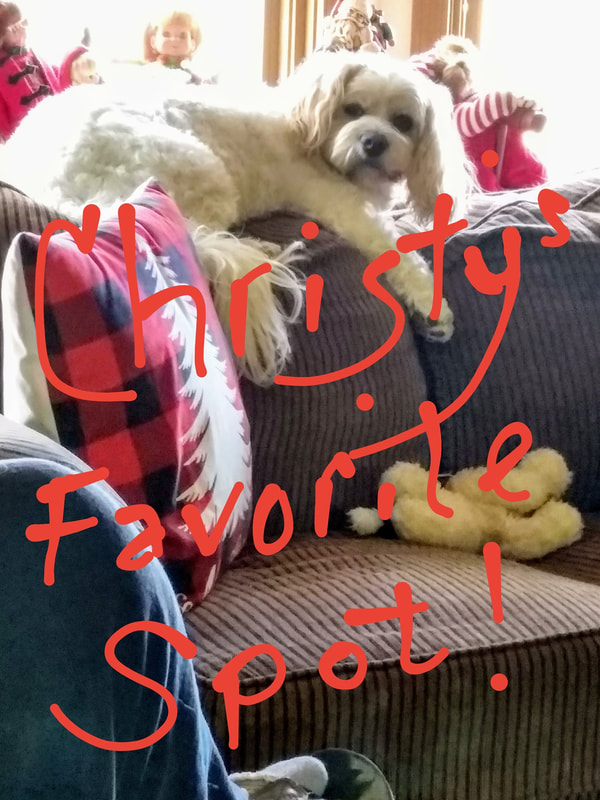
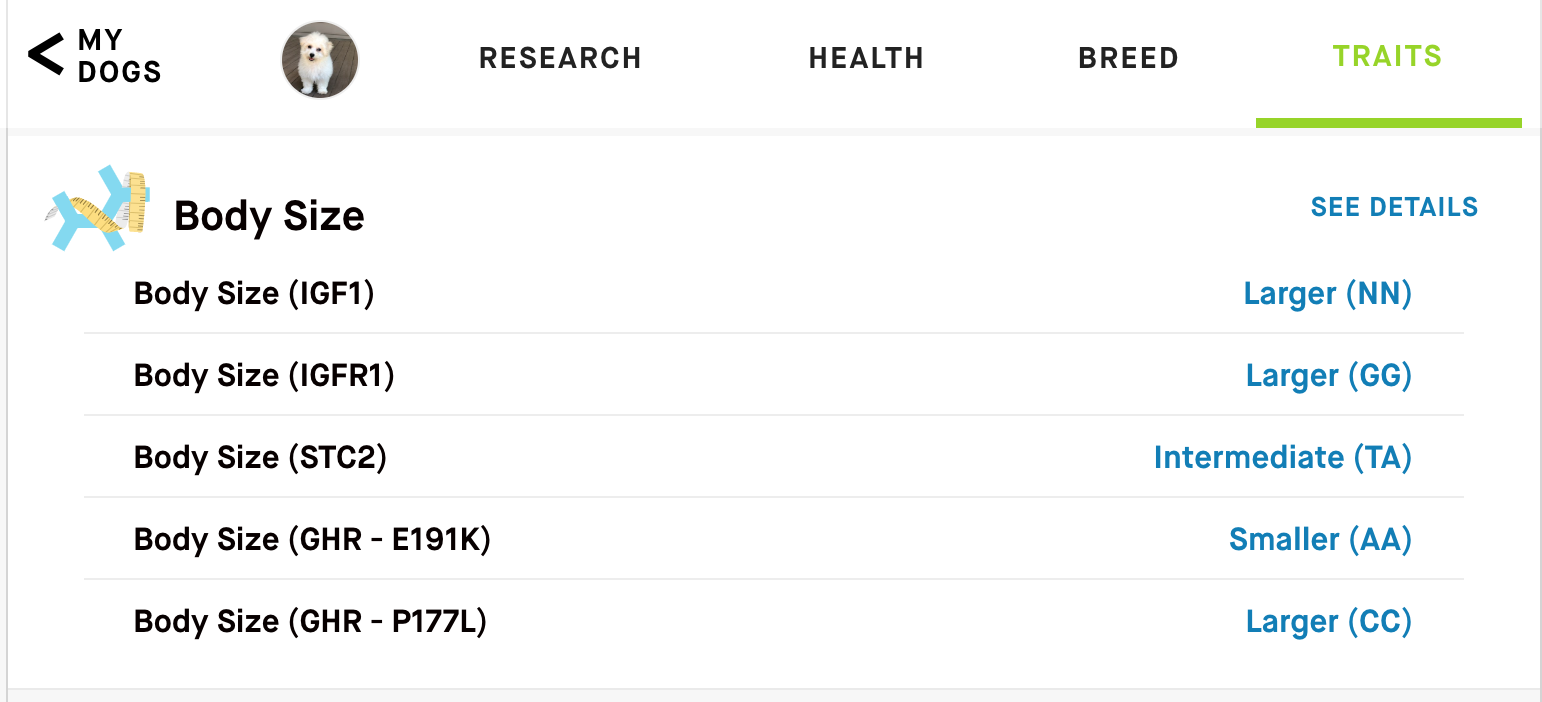
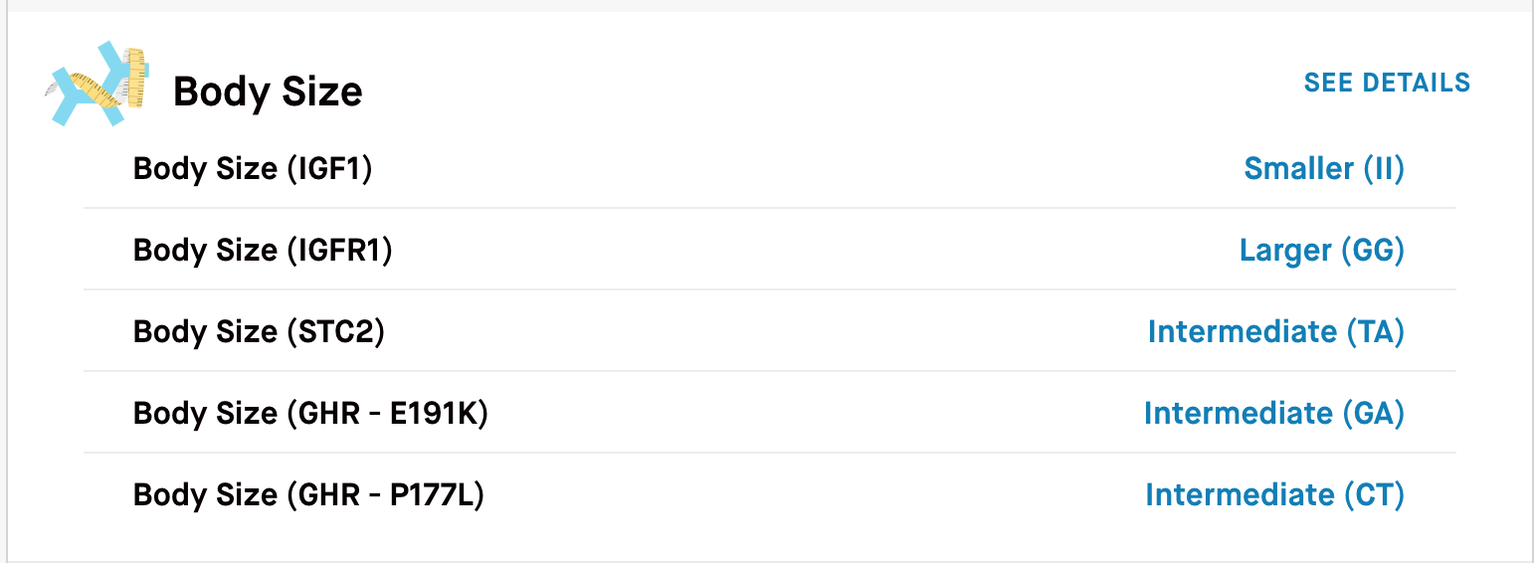
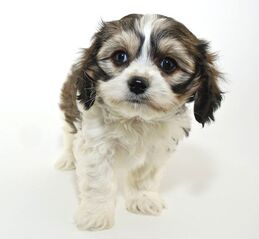
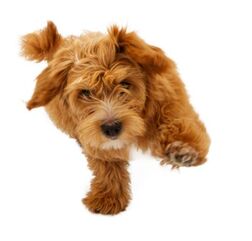
 RSS Feed
RSS Feed
